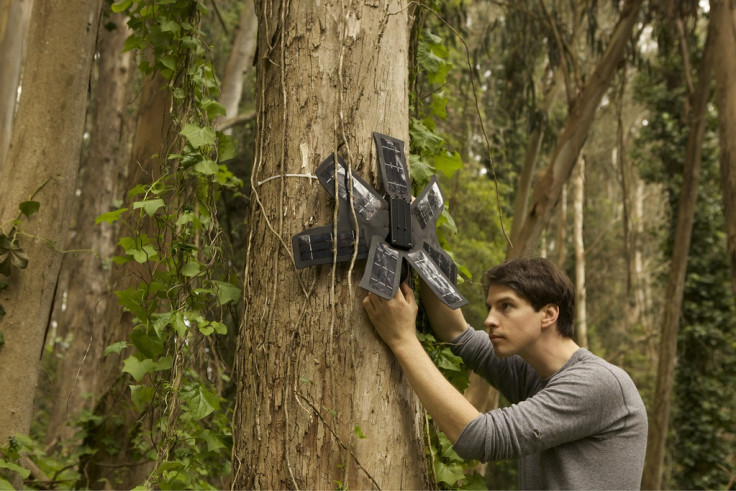Recycled Smartphones Used To Save the Rainforests

Researchers at London Zoo are leading a pioneering project that uses recycled smartphones to make listening devices to protect some of the world's most endangered rainforest animals from illegal loggers and poachers.
The project recycles old smartphone handsets and adapts them to run on eco-friendly and renewable solar power. The phones are then modified so they can be used to monitor nearly 40 square miles of rainforest in Cameroon. The phones can transmit sounds of illegal activity such as chainsaws, gunshots and logging trucks and alert authorities.
The project is being run jointly by the by the Zoological Society of London (ZSL) and Rainforest Connection, an environmental conservation start-up that uses 'upcycled' mobile technology to monitor and protect remote forests in real-time.
The pilot will help conservationists protect an area of rainforest that is home to elephants, chimpanzees and gorillas.
The technology has been tests at a gibbon sanctuary in Indonesia, where it protected them from illegal loggers.
Chris Random, ZSL's programme manager, told the Sunday Times: "This could be a critical new tool for protecting large areas of rainforest."
The project could solve two important problems: improving unreliable information on logging, and reducing the environmental impact of old, discarded smartphones.
At the moment conservationists use satellite surveillance data to detect logging, but the information is infrequent and the activity is usually not picked up in time to intervene.
Many of the materials in smartphones are hazardous to the environment and can lead to serious problems if they are thrown away. Each phone can protect up to one square mile of rainforest from logging. This prevents the release of 15,000 tonnes of carbon dioxide – the equivalent released by 3,000 cars – into the atmosphere.
© Copyright IBTimes 2025. All rights reserved.






















